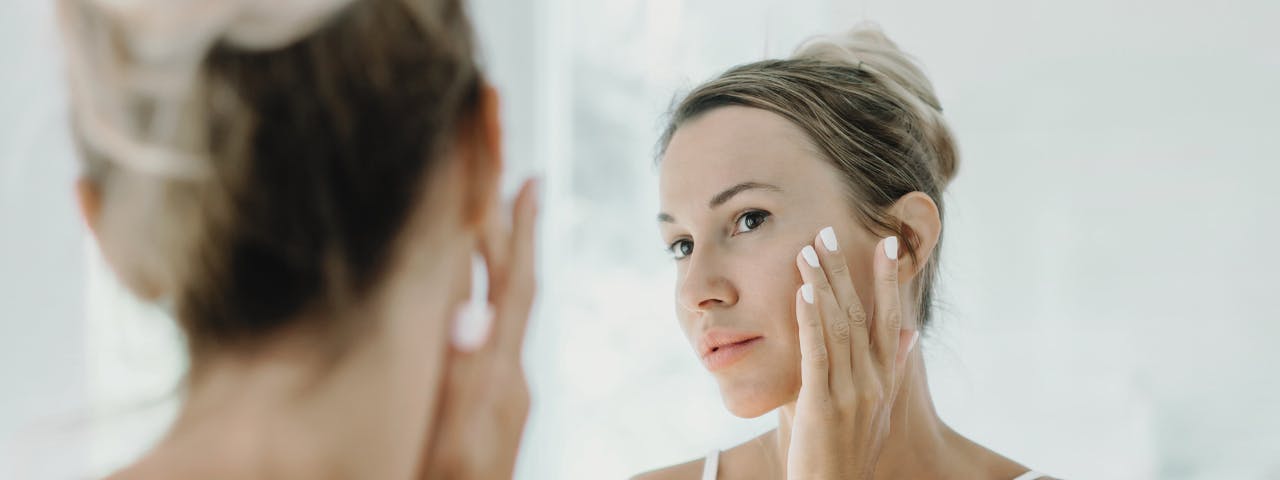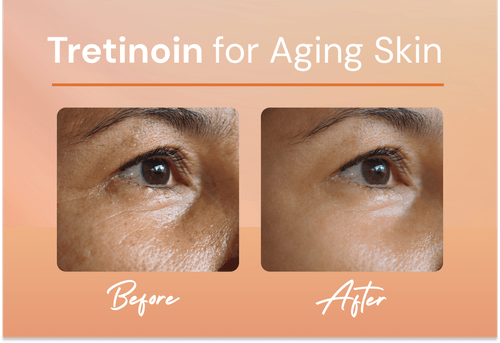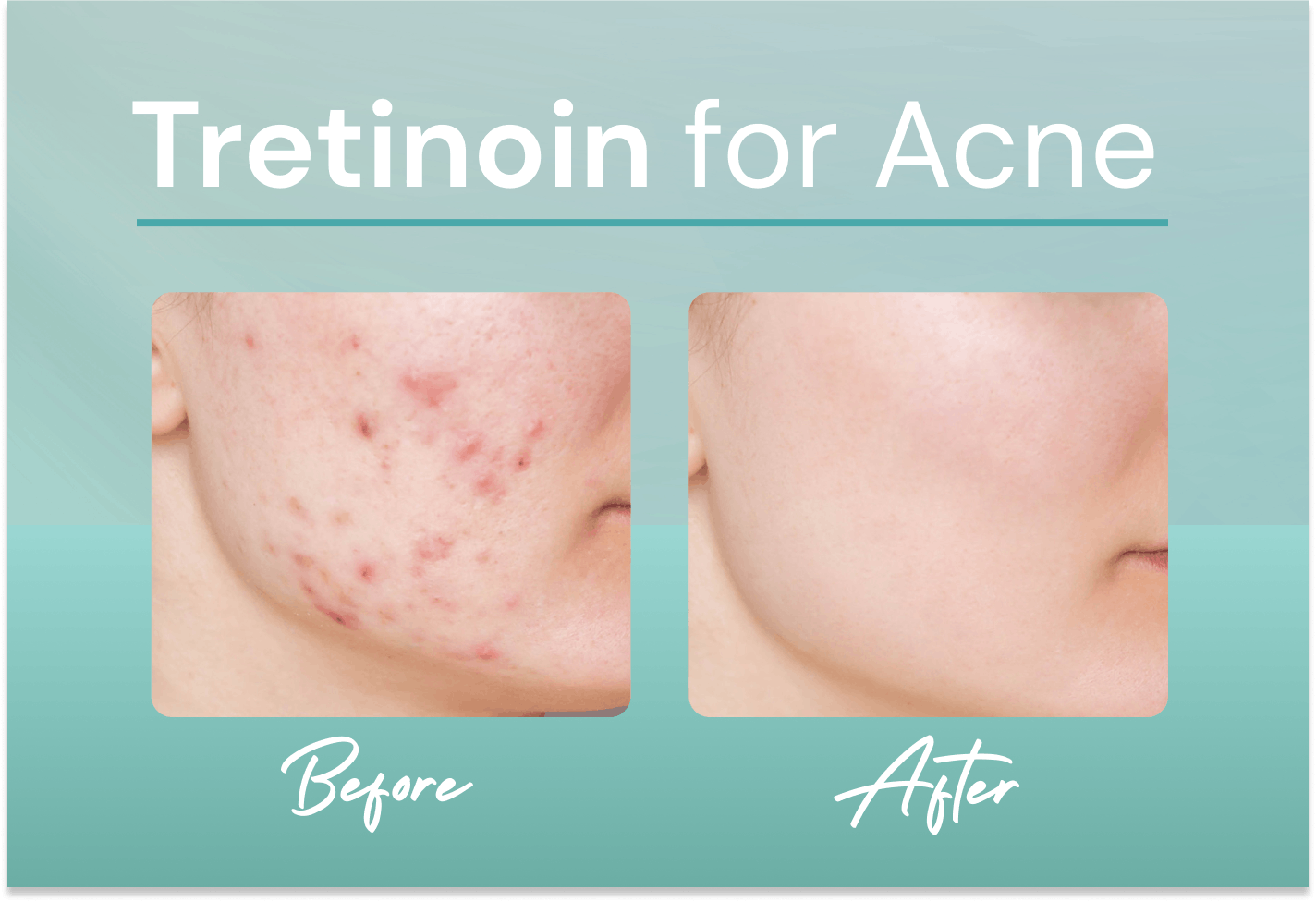Let’s face it: Dark spots are a drag. Everyone wants to put their best face forward, but you can’t do that without proper protection. Dermatologists agree that sunscreen is the top tool to deal with skin discoloration.
What are dark spots?
Simply put, it’s uneven pigmentation in skin tone where certain areas become darker than the rest. They usually appear as patches or spots that can vary in size and color. It’s a common condition that doesn’t discriminate—meaning it affects people of all ages—and skin types. These unwelcome spots pop up when a trigger causes your skin to produce extra melanin, the pigment that gives skin its color.
The American Society for Dermatologic Surgery says certain medications, inflammation (like a rash or acne), or a trauma on the skin (like a cut or burn) can be the culprit. But the most frequent reason: the sun. “The link between chronic sun exposure of human skin and harmful clinical consequences such as photo-aging and skin cancers is now indisputable,” says a study published in the International Journal of Molecular Sciences.
Board-certified dermatologist Dr. Geeta Yadav further explains: “Your skin produces more melanin when exposed to UV to protect itself from damage—that’s what you see when you get a tan.” However, too much sun speeds up melanin production, which causes these dreaded dark spots.
Start with sunscreen
Consider sunscreen a non-negotiable, it’s the most important and effective treatment when it comes to dealing with hyperpigmentation.
The American Academy of Dermatology confirms that sunblock can protect, prevent, and help clear current dark spots. But it needs to be worn daily, and correctly, to be effective.
“I recommend applying about a half a teaspoon's worth of sunscreen to your face and neck, respectively, and the equivalent of a shot glass of sunscreen to the entire body,” says Dr. Yadav.
Reapply every two hours, especially if you're swimming or sweating. “I know this sounds gratuitous, but it's necessary for healthy skin. If you wear makeup and don't like the idea of reapplying a fluid formula, try using a powder sunscreen, it's easy to use and won't disrupt your makeup,” she adds.
What to buy
Always select a product with an SPF 30 or higher. “Formula type doesn't matter, as long as you're applying enough,” insists Dr. Yadav. There are two types, she explains: Physical or mineral sunscreen, which creates a coating on the skin that physically blocks the sun's rays; and chemical sunscreen, which creates a chemical reaction in the skin to prevent damage.
“No one type is better than the other, it comes down to personal preference. Compliance is key to success,” she says.
How to get rid of sun spots
Dr. Yadav affirms that sunscreen can prevent sun spots on skin from getting worse, as well as reduce the risk of future hyperpigmentation formation.
“However, sunscreen alone cannot fade existing dark spots. To do that, you'll need to use a product that either resurfaces skin to help fade the discoloration, such as a chemical exfoliant or a retinoid, or a product that features an ingredient that will help slow excess production of melanin in the skin, like vitamin C,” she reveals.
References
Dr. Geeta Yadav, board-certified dermatologist and founder of FACET Dermatology. (2022, September 26). Personal communication [Personal interview].
Hyperpigmentation. American Society for Dermatologic Surgery. Retrieved from https://www.asds.net/skin-experts/skin-conditions/hyperpigmentation
Ludmann, P. How to fade dark spots in darker skin tones. American Academy of Dermatology. Retrieved from https://www.aad.org/public/everyday-care/skin-care-secrets/routine/fade-dark-spots
Marionnet, C., Tricaud, C., & Bernerd, F. Exposure to non-extreme solar UV daylight: Spectral characterization, effects on skin and photoprotection. International journal of molecular sciences. Retrieved from https://www.ncbi.nlm.nih.gov/pmc/articles/PMC4307236/



